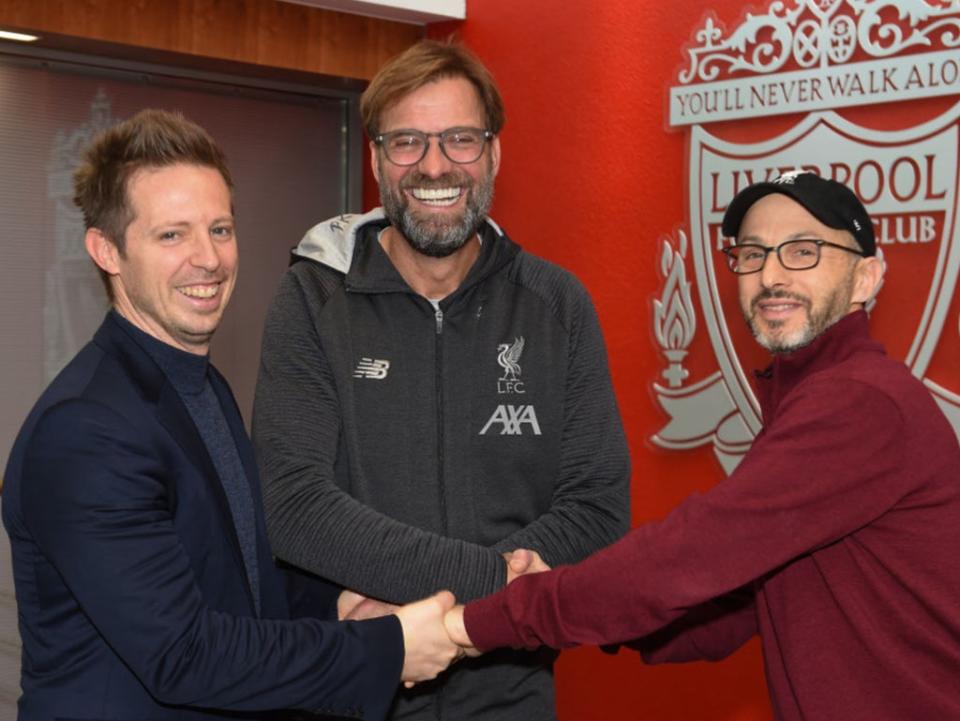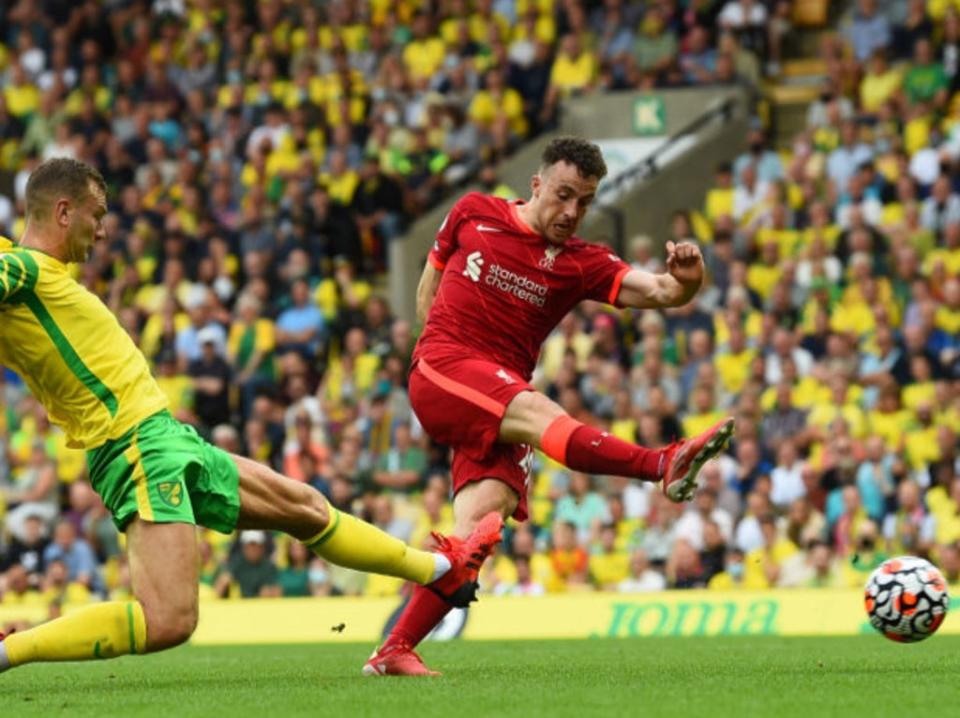What happens when Michael Edwards leaves Liverpool as sporting director?

First, the fact: Michael Edwards is a supreme operator and one of the premier sporting directors in world football. When he departs Liverpool at the end of his contract next summer, his exit will undeniably be felt.
His work in the transfer market has been heralded, but the influence stretches far deeper: he led the recruitment of Jurgen Klopp and the esteemed research team was crafted by Edwards’s design, crowned by the coup of landing Ian Graham.
The development of the new training facility at Kirkby was overseen by “Eddie”. Any major off-pitch football advancement at the club, and the sketching of its long-term on-pitch health, has his fingerprints everywhere.
Liverpool’s reconstruction from mess to winning machine was powered by Klopp, but the tools and concrete was provided by Edwards.
The elite structure he has built, including guiding the respected Julian Ward into a position to replace him, ensures the Merseysiders will still possess a steely set-up behind the scenes.
But substituting Edwards’s shrewdness and intelligence in designing a successful football operation will be some task.
He was fundamental to Liverpool becoming champions of Europe, England, and the world.
Who is Michael Edwards?
Edwards grew up in Southampton and signed for Peterborough United in 1995. Described as “James Milner-esque in his professionalism,” he was a right-back that could also feature in the heart of defence or holding midfield. Edwards was seen as “probably a better thinker of the game than player” and was released two years later without having made a first-team appearance.
He enrolled at Peterborough Regional College, going on to gain a degree in business management and informatics from the University of Sheffield. Edwards taught IT at a local secondary school in Peterborough, but craved return to football. In 2003, Portsmouth signed a contract with Prozone, a company specialising in football performance analysis, and were keen on an analyst. A former teammate of Edwards, Simon Wilson, worked in that department at Southampton and pushed him for the job.
The interview happened at a service station where Edwards met Barry McNeill, who was Prozone’s business development manager. He joined Portsmouth under Harry Redknapp within a month, operating out of a first-floor office at their Wellington Sports Ground training base.
Edwards was an all-in-one: their opposition analyst, post-match analyst, scout and someone the players would go to for tips on how to improve their game.
Redknapp left Portsmouth for Tottenham in October 2008 and took Edwards with him a year later to become head of performance analysis. Liverpool would soon swoop in via Damien Comolii, who Fenway Sports Group hired in November 2010 to be the director or football.
He didn’t last at Anfield, but made one of its most important hires by pinching Edwards from Spurs in 2011 to do the football interpretation and video analysis. Interestingly, it was Graham that recommended Edwards to Comolii.
Long before he became Liverpool’s sporting director, Edwards took on the responsibility of putting the club at the forefront of analytics.
He wanted to bring Decision Technology on board, but they were locked into a contract with Tottenham. Instead, he took Graham, their key brain, in 2012 to start a research department that now houses six and is the envy of football.
A sharp professional mind is married with a humble, low-key persona. Edwards, who has never given an on-record interview and is a very laid back character, is immensely popular. A scan of his supporters for Prostate Cancer fundraising speaks to this: Klopp, super agent Jorge Mendes, Aidy Ward of the infamous Raheem Sterling transfer to Manchester City, Daniel Sturridge…

Transfer record
Under Edwards, Liverpool have not only built a champion team, but have made outgoings a profitable business in the same vein as Chelsea.
Fringe player Kevin Stewart’s switch to Hull City effectively paid for Andy Robertson’s move to Anfield. In 2017 when Klopp was sold on Germany international Julian Brandt, but the forward was worried about a lack of minutes and adjusting if he left the Bundesliga, Edwards convinced him Mohamed Salah was the only man to go all in for.
Alisson was secured for a total package of £65m, despite Roma insisting for a lengthy period that they would only sanction a £90m deal as they tried to prey on Loris Karius’s misfortune in the 2018 Champions League final.
The quiet, clever, quick plays for Fabinho and Diogo Jota illustrated both the effectiveness of Liverpool’s scouting and analytics arm as well as the strength of Edwards’s negotiating skills.
Liverpool’s net transfer spend on 31 August 2020 for the previous five years read £89.79m. That is in contrast to City’s £505.6m and £378.9m for United. Consider what the club won in that period in the age of oligarchs and Sheikhs.
Over the same period, Liverpool recouped in excess of £367m from sales.
To repeat: substituting Edwards’s shrewdness and intelligence in designing a successful football operation will be some task.
Read More
Solskjaer setback, sackings and slip-ups – 5 Premier League talking points
Jurgen Klopp claims two key decisions went against Liverpool in West Ham defeat
Sean Dyche baffled by touchline clash questions after Burnley’s draw at Chelsea
Manchester City cruise to derby win as Chelsea slip up against Burnley
Antonio Conte knows he has to instil a winning mentality at Tottenham
Man City boss Pep Guardiola factoring in ‘Fergie Time’ ahead of Man Utd clash

